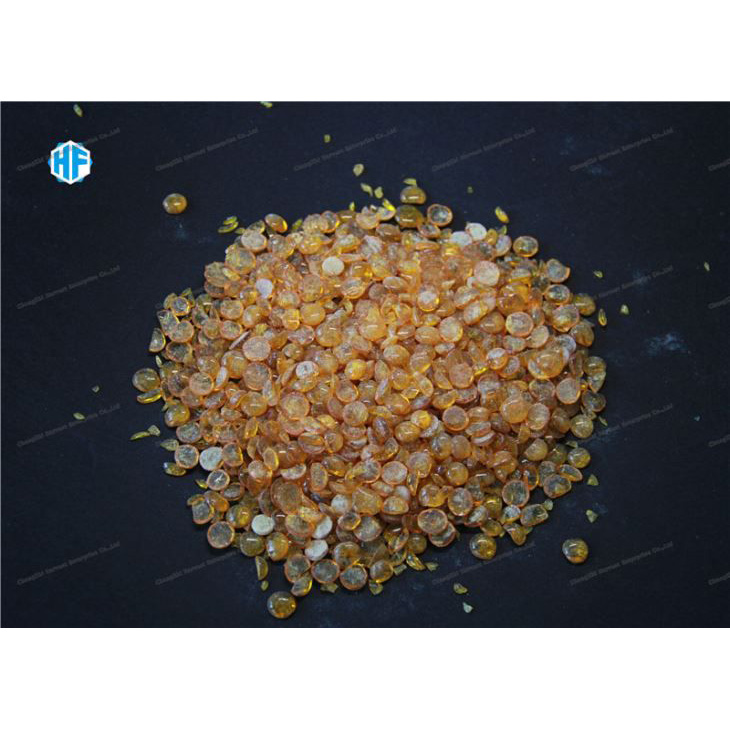All you need to know about rosin ester
2023-11-20
Rosin ester is a type of resin produced from the chemical modification of natural rosin, which is derived from pine tree sap. It finds applications in various industries due to its versatile properties. Here's what you need to know about rosin ester:

1. Production: Rosin esters are created through the esterification process, where rosin acids (abietic, pimaric, or levopimaric acids) are reacted with alcohols (such as glycerol, pentaerythritol, or polyethylene glycol) to form ester compounds. This chemical modification alters the properties of natural rosin, enhancing its solubility and compatibility with different materials.
2. Types and Grades: Rosin esters come in various types and grades based on their chemical structure, molecular weight, and the specific alcohol used in their production. These variations result in different characteristics, such as softening point, tackiness, adhesion, and compatibility with other materials.
3. Applications: Rosin esters have a wide range of applications across industries, including:
- Adhesives: They are used as tackifiers and binders in adhesives and sealants, enhancing adhesion, cohesion, and tack properties.
- Printing inks: Rosin esters are added to printing inks to improve printability, adhesion, and gloss on various substrates.
- Rubber compounding: In the rubber industry, they serve as tackifiers and processing aids in the formulation of rubber compounds, enhancing tack and processing characteristics.
- Coatings and paints: They are used as binders and modifiers in the production of coatings and paints, providing improved adhesion, gloss, and film-forming properties.
- Paper industries: Rosin esters find use in paper sizing agents, improving the paper's water resistance and printability.
4. Properties: Rosin esters exhibit properties such as excellent adhesion, tackiness, compatibility with polymers, and resistance to oxidation. These properties make them valuable in various formulations across industries.
5. Environmental Considerations: While rosin esters are derived from natural rosin, which is renewable, their environmental impact might vary depending on the production process and specific chemical compositions. Some rosin esters are bio-based and considered environmentally friendly alternatives in certain applications.
Overall, rosin esters play a significant role as functional additives in numerous industries due to their versatility and ability to enhance the performance of various products and materials. Their specific properties make them valuable components in formulations requiring adhesion, tack, or binding characteristics.


